5 reasons why Real Madrid won the Champions League

An evenly poised Champions League final turned into a demolition.
Juventus and Real Madrid entered half-time tied at 1-1, and neither looked like it had a distinct advantage.
But Los Blancos proved their dominance in a spell-binding second half, grabbing the ball and never letting go. Juventus could only hoof the ball to safety as Madrid piled on the pressure.
Related - Defend the crown: Real Madrid defeats Juventus to claim 12th European Cup
Here's how Madrid clinched a ruthless 4-1 victory and ran away with its 12th European Cup:
Experience in big matches prevailed
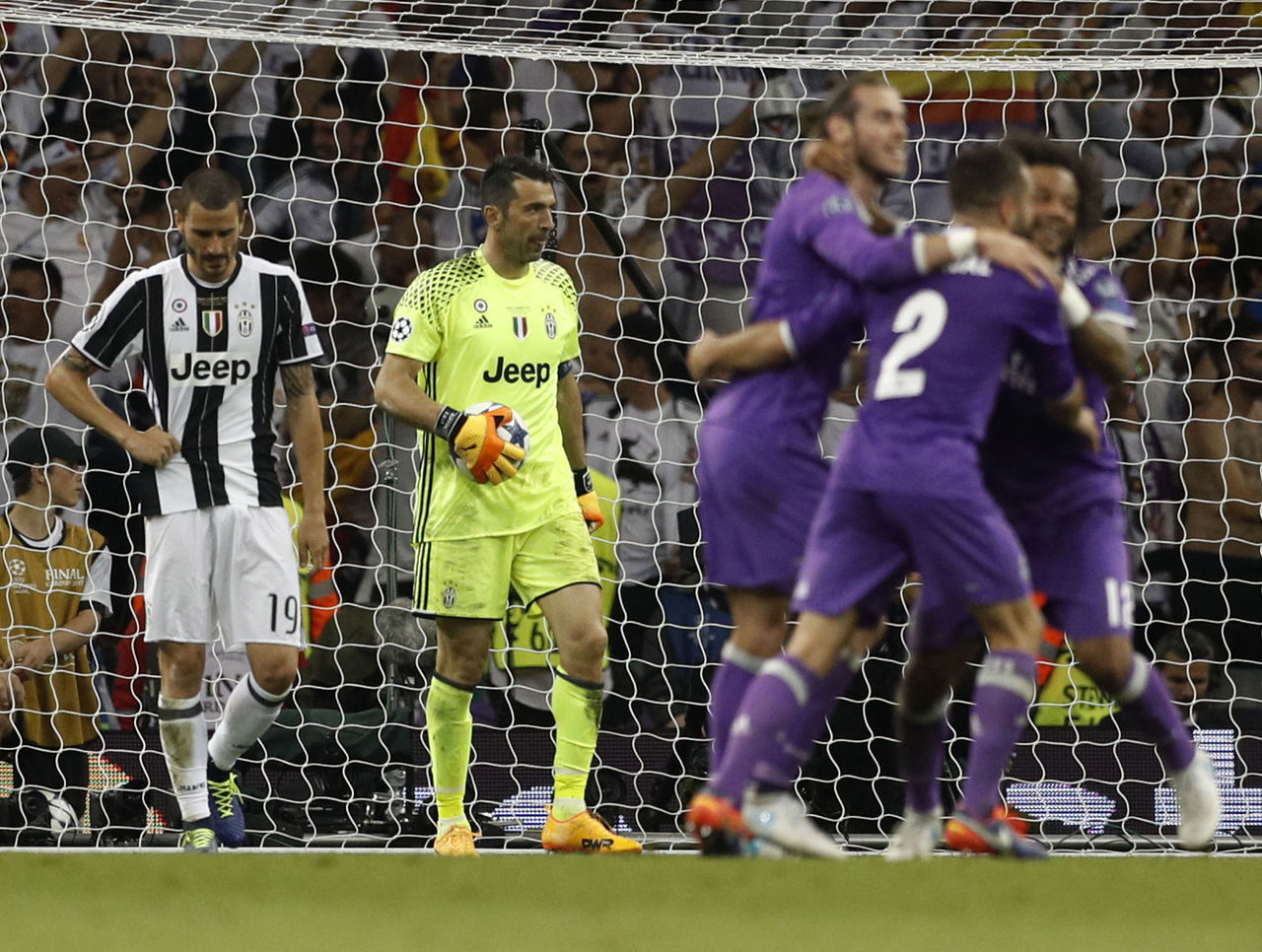
Juventus arguably had the better start to the match, with genuine chances coming in the first 10 minutes of play. But Madrid showed its experience and slowly gained solid footing in Cardiff.
The Bianconeri seem to have a mental block in finals. No other team has lost more than their seven. Coach Massimiliano Allegri tried his best to prepare his team for Europe, scrapping a back three and using variations of a back four to put Juventus in a position to attack and defend in equal measure.
The accusation now is that Juventus can only do it in Italy, and it's a damning one. The club purchased Gonzalo Higuain, who made no impact on these proceedings, with the sole aim of winning this tournament. He was isolated and unable to do much. Miralem Pjanic, another off-season arrival, left the pitch as a substitute.
Related - Unlucky No. 7: Juve becomes 1st team to lose 7 European Cup finals
On the other hand, there's no question this Madrid side is now amidst a European dynasty. Three victories in four finals - in extra time, penalties, and regular time - is an absurd feat. No other team had successfully defended a European Cup or Champions League title since AC Milan in 1989 and 1990.
Even though Madrid has all the money in the world, the fact remains that it took quite a transformation in mentality to get to this point. Before this spectacular four-year run, the club had failed to make any of the previous 11 finals. For years, as Barcelona surged to the summit of European and world football, Madrid failed to find a way past the Round of 16.
Then Carlo Ancelotti arrived, and his laid-back attitude put the squad at ease. That elusive Decima followed.
Zidane's had an immense effect on this squad as well, freeing Madrid from Rafa Benitez's restrictive and conservative tactics and letting the players express themselves. He's only managed 20 Champions League matches as Madrid's manager, and he's won the competition twice.
Madrid's movement bested Juve's defence
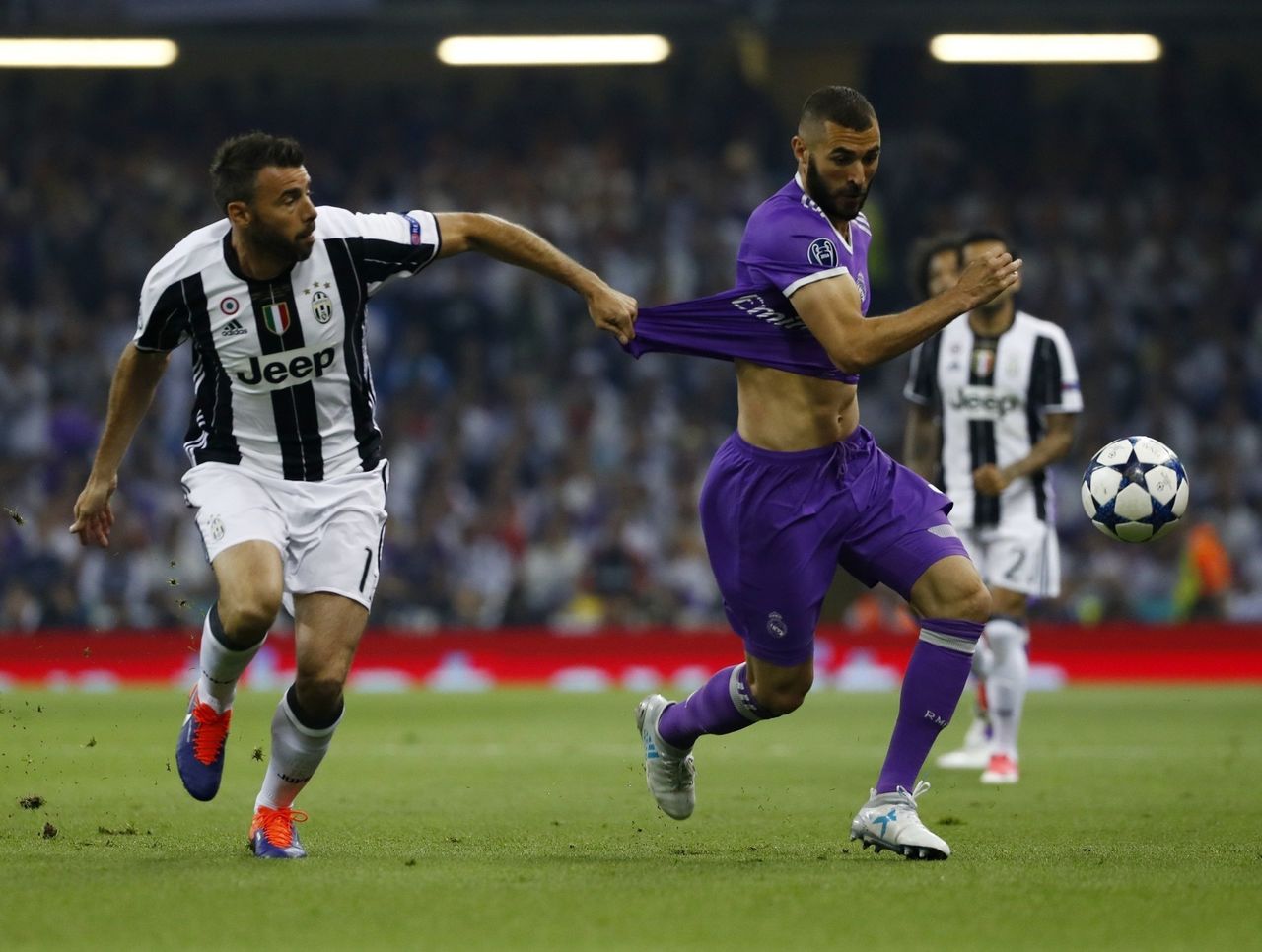
The movement on the counter-attack that led to Cristiano Ronaldo's 20th-minute opener was devastating. Zidane's side spread the ball from left to right, and it could do that considering the dynamic Dani Carvajal's return to fitness.
Juventus looked fine going into the half, but the final 45 minutes told a vastly different story.
Madrid stamped its authority with two goals in three second-half minutes, maximising its greatest spell of possession in the game. Casemiro's deflected effort was fortunate, although Ronaldo's second goal was the result of relentless pressure.
Juventus came into the final with just three goals conceded, but allowed four over these 90 minutes. Thirty-six-year-old Andrea Barzagli simply didn't have the pace to deal with Marcelo, and Leonardo Bonucci and Giorgio Chiellini couldn't track Ronaldo's runs into the box.
Juventus penetrated by Isco's creative runs
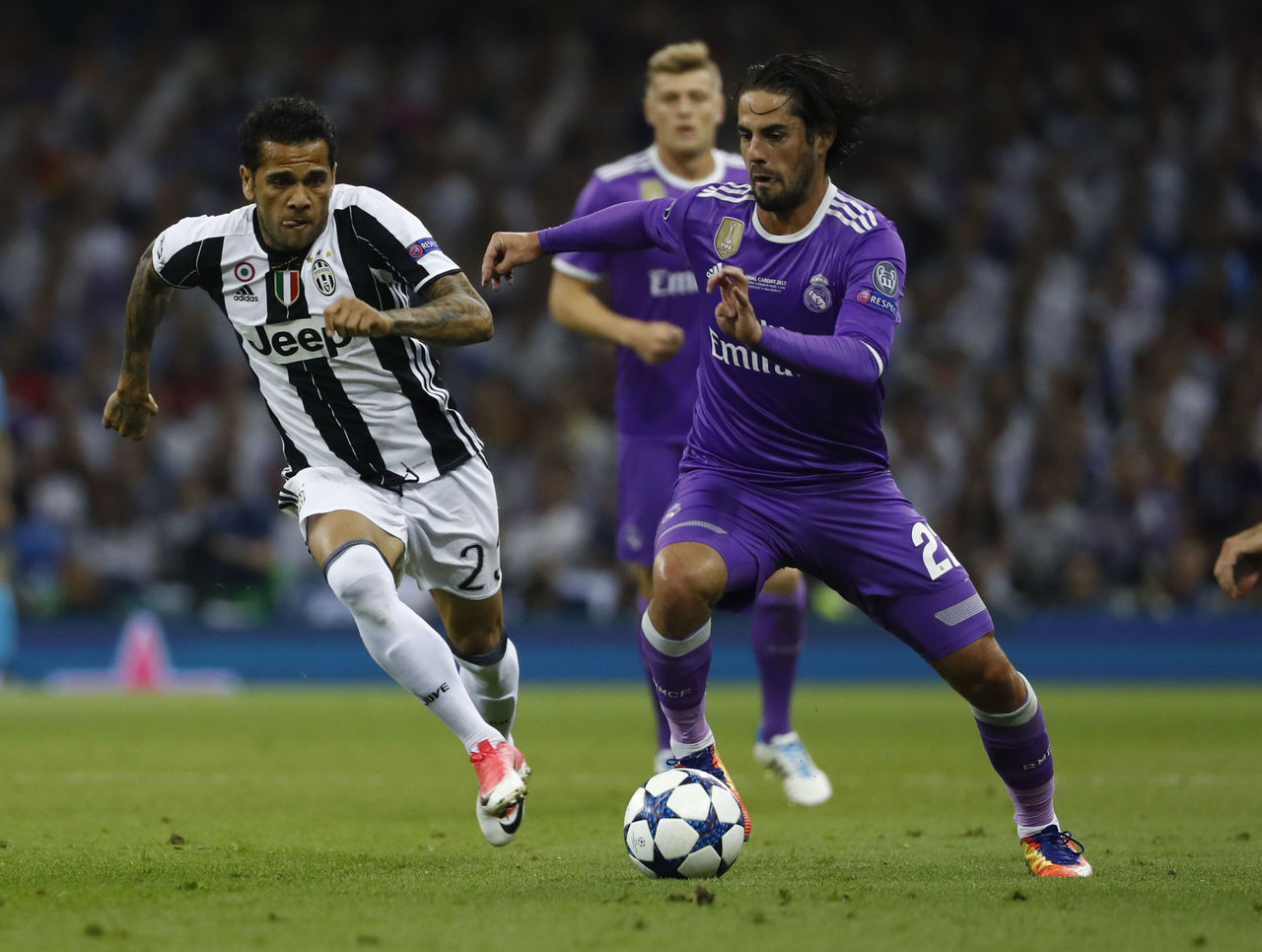
Zidane's decision to start Isco was partly due to Gareth Bale's lack of match fitness, although on form alone, the Spaniard deserved to get more minutes, and did as much as he could with them. Isco's runs through Juventus' midfield forced the Bianconeri on the back foot on several occasions. He kept probing for openings, and pulled Juventus players out of position.
He often looked like the fastest player on the pitch, and, for some reason, had lots of room to exploit.
The modern game may have forgotten about No. 10s, but Lionel Messi and now Isco have led a charge to restore the role to its former glory. Behind Ronaldo and Karim Benzema, he was able to find space and get on the ball as much as possible. Isco didn't directly set up any of the goals, but he kept Juventus preoccupied.
Modric's midfield play nullified Juve
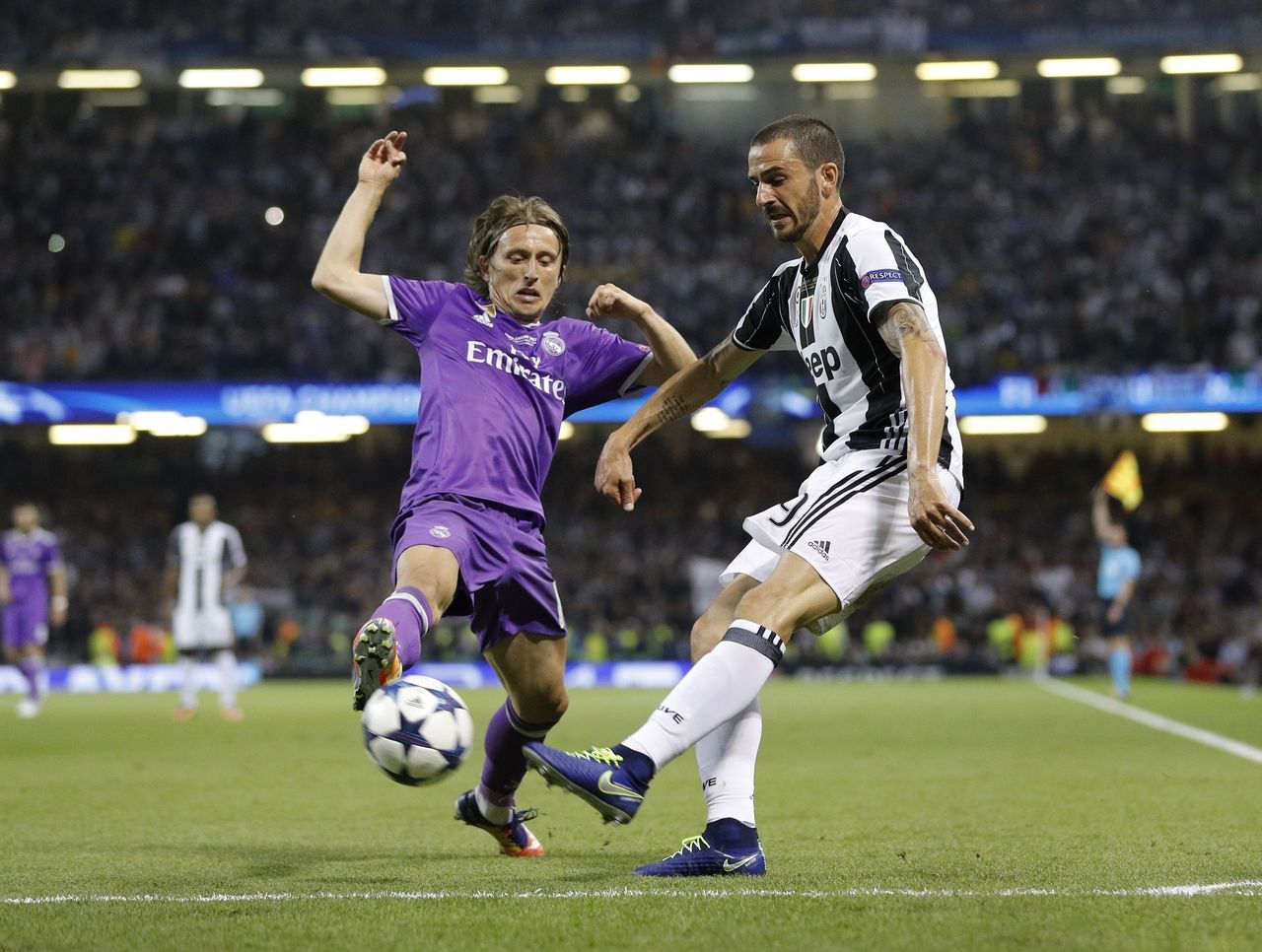
Aside from his playmaking ability, which he put on display with a cheeky assist to Ronaldo for Madrid's third goal, Luka Modric covered lots of ground and pressed Juventus when it tried to advance. He once again showed incredible chemistry with Toni Kroos and Casemiro, as they strangled their Juventus counterparts and pushed them into compromising areas.
For Modric, it wasn't just about controlling the ball. It was about doing something with it. His pass to Ronaldo wasn't a Hollywood lob or a spectacular bit of invention, it was the result of drive and determination. He intercepted a pass and produced a classy one-two before rifling a pinpoint cross for Ronaldo.
Zidane's handling of Ronaldo vindicated
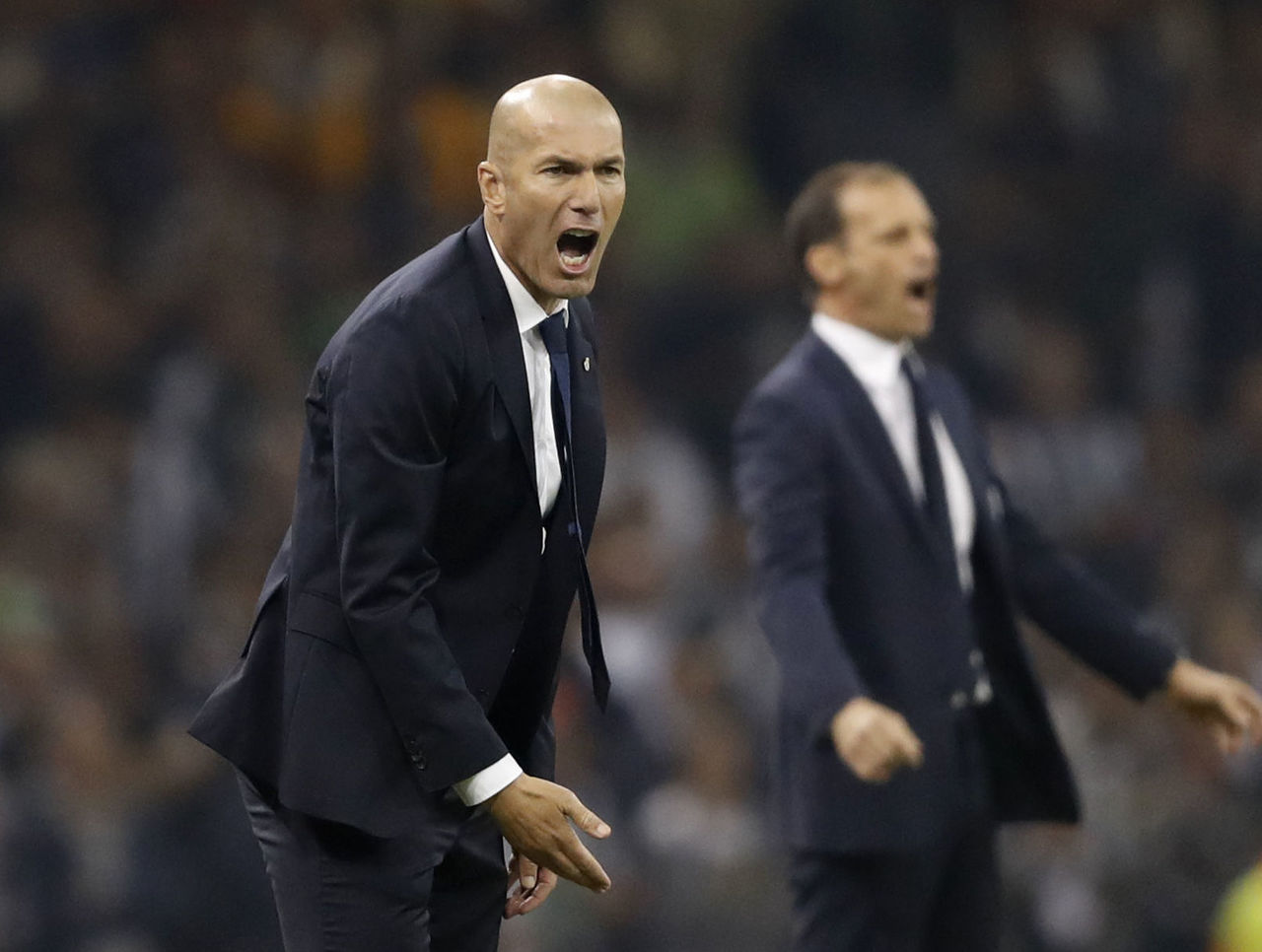
Zidane kept Ronaldo out of several away games with the objective of unleashing the Portuguese at the end of the season. Ronaldo, who has always demanded to play as much as possible, had suffered massive fatigue in the business ends of previous campaigns, but this time arrived at 100 percent.
Related: It's time to give Zidane credit for Real Madrid's recent success
Zidane also focused Ronaldo's energy, turning him into a proper centre-forward. The four-time Ballon d'Or winner listened because Zidane is Zidane, but also because, at 32 years old, he perhaps understood his own limitations.
The stats vindicate Zidane's decision. Over his last 10 matches in all competitions this season, Ronaldo scored 16 goals - 10 of them in the Champions League.